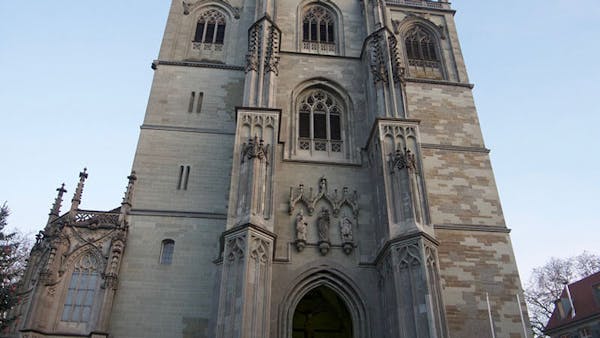HUSS: FRONTMAN OF THE BOHEMIAN REFORMATION
Europe in the 14th century was a continent under siege. The plague had ravaged the population nearly halving it, leading to economic instability and social and political unrest. Added to this was the Papal schism of 1378, an embarrassment to the church that led many to lose confidence in Papal authority. The effects of the plague on the average household had led people to long for greater spiritual depth but the infighting within the established church of the day disillusioned many and prompted them to look for answers elsewhere. Wycliffe was heralding the dawn of a new day in England and his work was spreading like wildfire across the continent, finding its way even into Bohemia through the agency of the Queen of England, Anne of Bohemia. People of all socioeconomic backgrounds devoured the new teachings because they held the answers to the questions that much of the population were asking.
It was into this melting pot of upheaval and change that Jan Hus was born, into a family affected by the prevailing economic strain and touched by the death of a beloved father soon after Huss’ birth. His widowed mother wanted him to be educated and he gained entrance into the University of Prague as a charity scholar. She accompanied him from their small village in the Bohemian countryside to Prague and upon their arrival at the gates of the great city she knelt down and prayed, committing her young son to the protective care of God.

